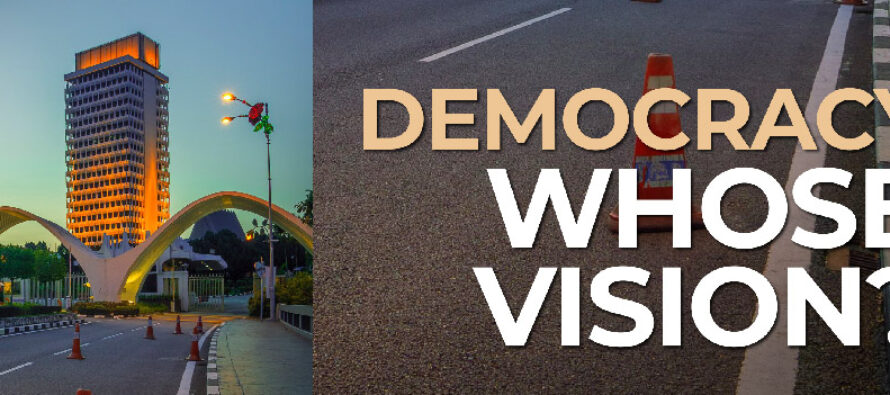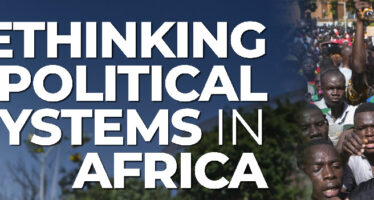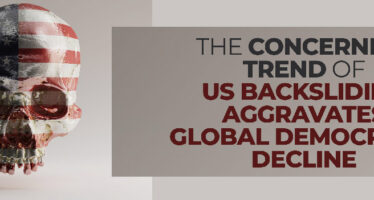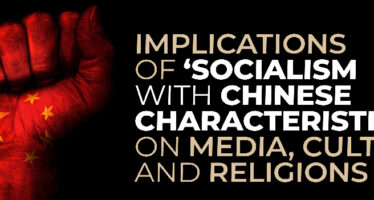THE VIOLENCE OF SUBSTANCE ABUSE

Democracy means ‘rule by the people’. In Greek, ‘demos’ is defined as ‘people’, and ‘Kratos’, ‘rule’. Yet in the world that we live in, it is a far cry from the root meaning of the word itself. Many of the countries that are constitutionally considered democratic have a selective version of democracy that best suits those in power. John Dewey (1859–1952), an American philosopher, associated with pragmatism, in his political philosophy, speaks about democracy as a means to help citizens to the ‘full realisation of their potentialities’; yet it would seem that in many democracies in Asia, these potentialities seem to benefit only a few.
Related Articles
RETHINKING POLITICAL SYSTEMS IN AFRICA
How helpful has the democratically imported praxis from Western and North American regions been to the people of the African
THE CONCERNING TREND OF US BACKSLIDING AGGRAVATES GLOBAL DEMOCRATIC DECLINE
The currently prevailing perception of democratic retreat on a global scale contrasts starkly with the optimism surrounding democratising waves. There
IMPLICATIONS OF ‘SOCIALISM WITH CHINESE CHARACTERISTICS’ ON MEDIA, CULTURE, AND RELIGIONS
The dynamics of governance in China are profoundly influenced by the government’s approach to media management and the recent emphasis




